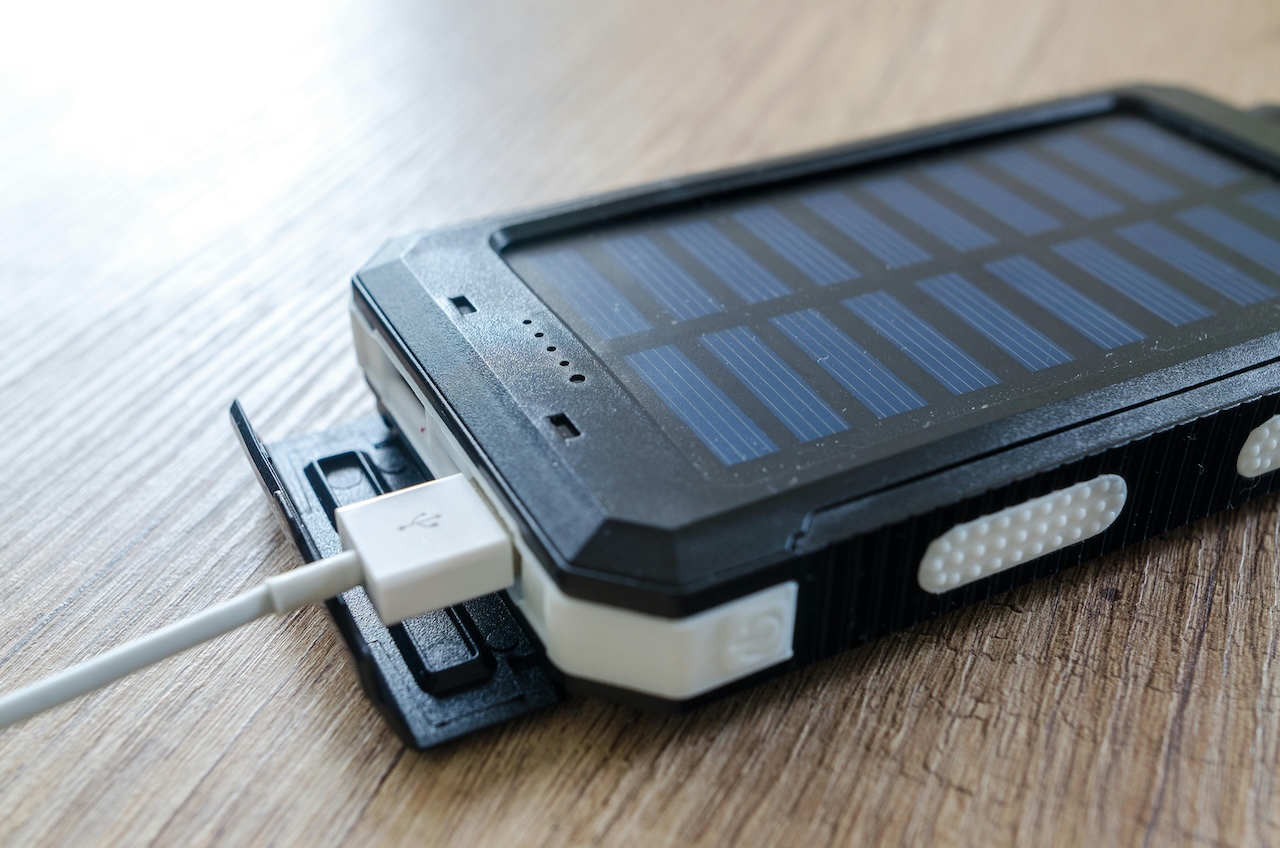The Health and Safety Executive’s Waste Electrical and Electronic Equipment (WEEE) guidelines specifies that the correct disposal and recycling of batteries is an essential part of managing fire and explosion risks.
In this post we’ll discuss the key principles of safe battery recycling and disposal in the workplace.
It’s worth highlighting that all insurers state that reasonable care must be taken when disposing of batteries and all reasonable precautions taken to prevent damage. This will be a requirement under any insurance policy.
If you want to understand and manage the specific risks you face in your business, we have a team of friendly experts on hand to help who can advise on your risk management and insurance needs. Contact us on 020 8290 9080 or email business@anthonyjones.com.
Risks of Batteries In Your Workplace
All types of batteries can cause fires if they’re damaged. However, some types of batteries pose a greater risk than others.
You must take particular care when it comes to the use, storage, disposal, and recycling of lithium-ion batteries.
What are Lithium-ion Batteries?
Lithium-ion batteries power our laptops and our smartphones, and they’re also commonly found in vapes, e-bikes, and e-scooters.
What are the Dangers of Lithium-ion Batteries?
If a lithium-ion battery is damaged, it can lead to a chemical reaction known as a thermal runaway. Essentially, the battery can rapidly overheat and spontaneously ignite, after which it will burn at around 1000°C while releasing certain flammable gases, which could result in an explosion.
Read our full guide to managing the risks of lithium-ion battery fires here. As you’ll see, correct storage, disposal, and recycling is a major factor in the ongoing risk management.
Key Principles of Battery Recycling and Disposal Safety at Work
- Where possible, remove batteries from products before they’re recycled. It’s always best to recycle batteries and waste electrical items separately, as this will help the waste management specialists take appropriate measures when processing each.
- Never dispose of batteries in the general waste bin. If you just throw your used batteries in the bin, they might be crushed, punctured, or exposed to certain liquids that could degrade them.
- Never dispose of batteries in your mixed recycling bin. Paper, card, metal, and plastic can be sorted mechanically in recycling centres. This mechanical sorting process can damage batteries, which can result in major fires.
- Only ever store, dispose of, and recycle batteries in a dedicated container. This is the only way to prevent damage and degradation, and to ensure that the batteries can be processed as safely as possible.
How To Dispose and Recycle Batteries Safely at Work
Certain companies run dedicated battery disposal compliance schemes. Valpak, for example, work in partnership with waste management companies to collect waste batteries so that they can be safely recycled.
You can request a free Battery Collection Box from Recycle-More. Use this dedicated box to dispose of all of your portable alkaline batteries – AA, AAA, etc. – as well as lithium batteries and cell batteries. Once the box is full, it’s simply a case of contacting the company, who will then work with Valpak to collect your waste batteries for recycling.
Recycle-More can also supply you with various information posters so that you can effectively communicate the safe storage and disposal of batteries in the workplace.
Safe Battery Disposal is a Compliance Issue
Your business might have an obligation to comply with UK waste batteries regulations. If you do not comply with these measures, and the incorrect disposal of batteries leads to a fire or an explosion, you might be held liable for all damages.
If you want to understand and manage the specific risks you face in your business, we have a team of friendly experts on hand to help who can advise on your risk management and insurance needs. Contact us on 020 8290 9080 or email business@anthonyjones.com.


